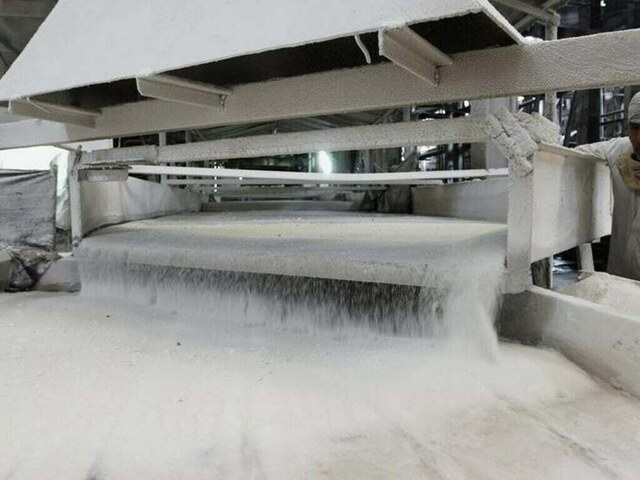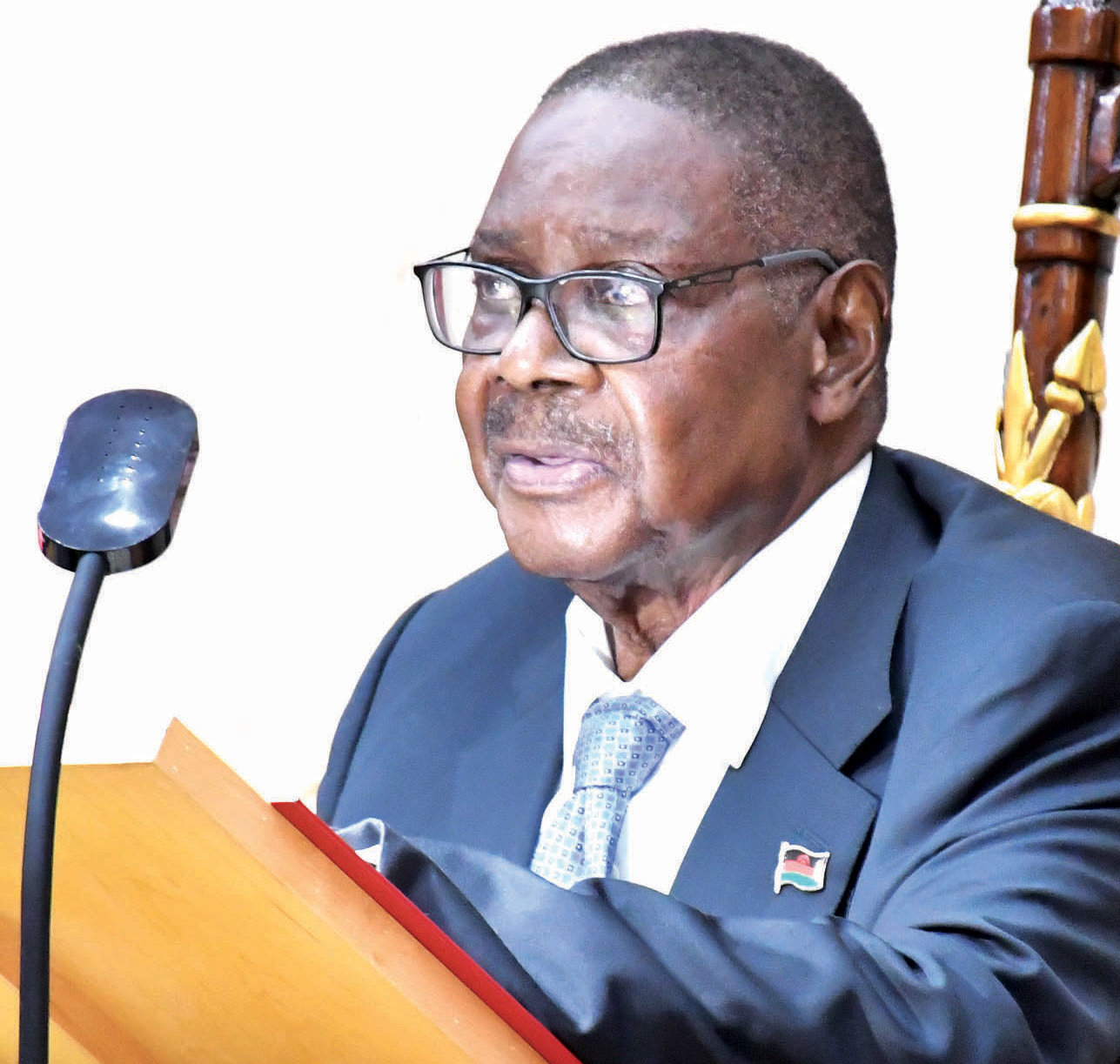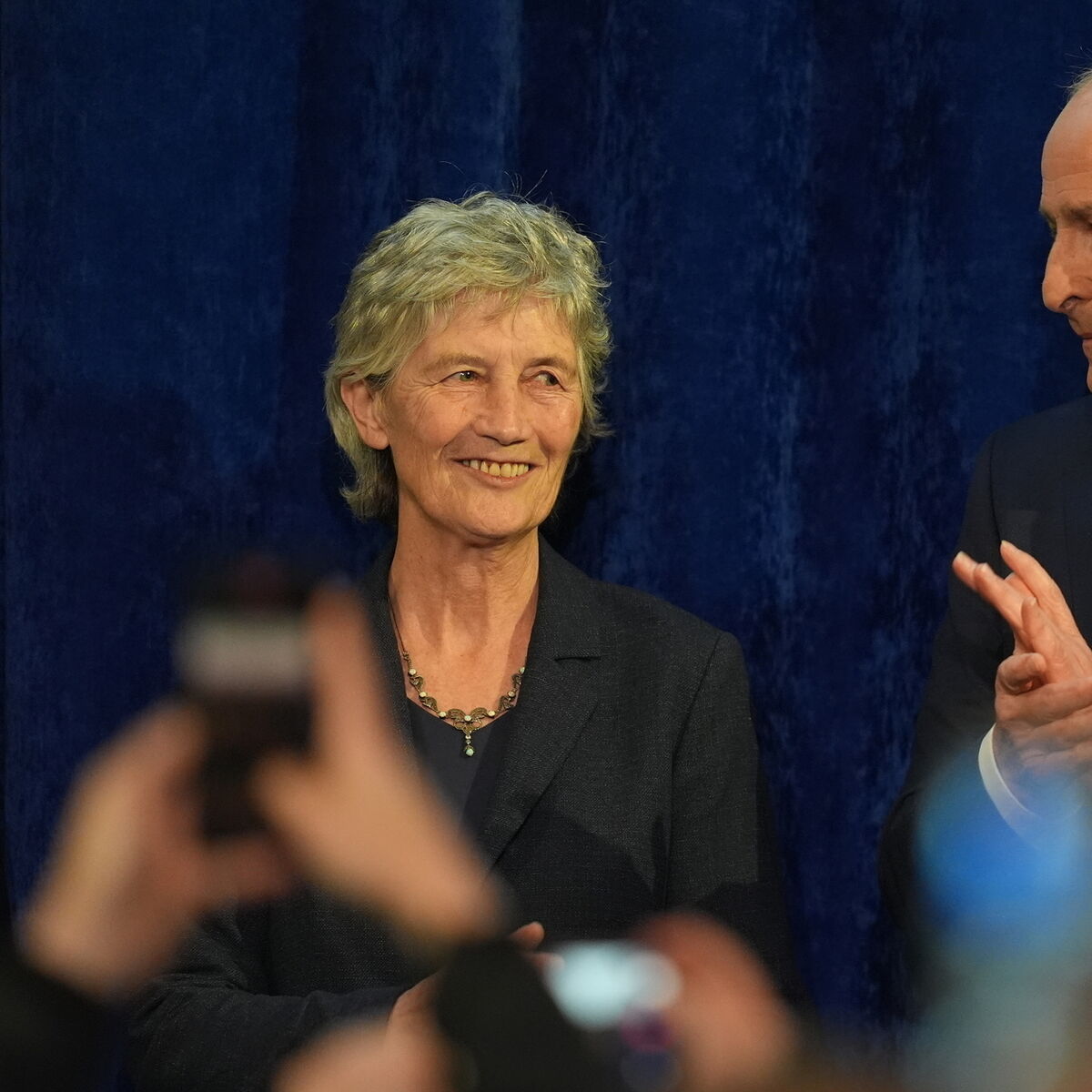Copyright brecorder

ISLAMABAD: The Competition Commission of Pakistan (CCP) on Thursday accused the Federal Board of Revenue (FBR) of not sharing data related to sugar price manipulation in March 2025 for investigation purposes, despite repeated correspondence. This stance was taken by CCP Chairman Dr. Kabir Ahmed Sidhu during a meeting of the parliamentary panel headed by Dr. Ikhtiar Baig, which has been tasked with identifying the entities, individuals, or officials responsible for past decisions permitting the export and import of sugar. Farhan Chishti, MNA and Tahira Aurangzeb, MNA, expressed the view that sugar mill owners made huge profits when prices rose above Rs 200 per kilogram, a situation that also compelled the government to import 0.75 million tons of sugar as a strategic reserve. Sugar mills barred from clearing production sans digital monitoring The panel has also been mandated to examine the existence and extent of cartelization in the sugar sector and to assess the performance and effectiveness of the CCP and the Sugar Advisory Board (SAB). The CCP Chairman observed that whenever sugar exports were allowed in the past, a sugar crisis followed in the country. He also shared the history of previous sugar crises. In a briefing to the panel, the CCP stated that based on multiple inquiries and policy engagements, it has consistently advocated deregulation and market liberalization to address systemic distortions in the sugar sector. Major CCP recommendations include: (i) (i) Deregulation of sugar pricing — eliminating the Minimum Support Price (MSP) and Maximum Retail Price (MRP) controls to allow market forces to determine fair prices; (ii) promoting the production of gur (jaggery) and ethanol to improve competition and support small-scale producers; (iii) ensuring that government decisions on exports and imports are based on independently verified data, not industry-supplied figures; (iv) strengthening coordination with the FBR and provincial governments for real-time sharing of tax, production, and stock data; (v) Maintaining government reserve stocks of sugar to counter market manipulation during shortages; and (vi) Allowing free import and export of sugar, subject to transparent, data-driven monitoring rather than discretionary approvals. “Over the years, CCP’s inquiries and inspections have uncovered collusive practices, coordinated pricing behavior, and structural inefficiencies that distort the market. Despite judicial stays and fragmented regulatory oversight, the CCP continues to closely observe market trends, share intelligence with relevant agencies, and initiate interventions where anti-competitive conduct is suspected,” the CCP stated. The CCP further emphasized that deregulation, independent data verification, and competitive neutrality should be institutionalized through inter-agency coordination. The Sugar Advisory Board (SAB), it said, should base its trade and pricing decisions on verified, real-time data, which should also be shared with the CCP and FBR. Broader structural reforms should focus on market liberalization, modernization of mills, and transparent policy mechanisms. The CCP Chairman requested the convener of the parliamentary panel to direct the FBR to share sugar data for March 2025, when alleged price manipulation occurred, adding that the FBR’s reluctance to share the required data was delaying the probe. The convener of the panel remarked that the episode amounted to “sugar gambling” by sector players, without explicitly naming the Pakistan Sugar Mills Association (PSMA). The PSMA representative informed the panel that the association had opposed sugar imports, claiming sufficient domestic stock was available. He said the PSMA had agreed to supply sugar at an ex-mill price of Rs 165 per kilogram and that the subsequent price increase occurred at the retail level. He further stated that FBR closed its S-Track portal due to which mills stocks are not allowed to be shipped to the market aimed at selling imported sugar. However, his claim was challenged by the Additional Secretary, Ministry of Industries and Production, who supported the CCP’s viewpoint that allowing exports was the turning point in the price escalation — contradicting the PSMA’s stance. He added that the PSMA did not honor its commitments with the government on price fixation, which prompted the Cabinet to allow imports. He clarified that the SAB serves only as a recommendatory body, while final decisions on exports are taken by the Federal Cabinet. Representatives of the Finance Ministry avoided commenting on the issue and instead shifted responsibility to the FBR regarding tax and duty exemptions on sugar imports. Copyright Business Recorder, 2025



